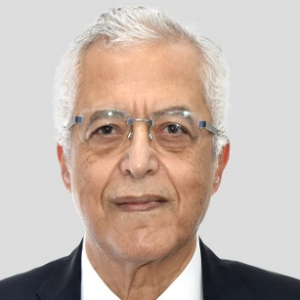Ependymal Cells
Ependymal Cells are specialized neuroglial cells that line the ventricles of the brain and the central canal of the spinal cord, forming a crucial component of the central nervous system. These cells play a pivotal role in the production and circulation of cerebrospinal fluid (CSF), which provides essential support and protection for the brain and spinal cord. Ependymal cells possess cilia on their apical surfaces, facilitating the movement of CSF and aiding in its circulation within the ventricular system. Additionally, ependymal cells are involved in the regulation of ion and fluid balance within the brain. Their strategic location allows them to serve as a barrier between the CSF and the brain tissue, influencing the exchange of substances between these compartments. Ependymal cells also contribute to neurogenesis, participating in the generation of new neurons in specific regions of the adult brain. Dysfunction of ependymal cells is associated with conditions like hydrocephalus, where an abnormal accumulation of CSF occurs. Understanding the roles of ependymal cells is vital for comprehending the dynamics of the brain's fluid environment and the maintenance of neural homeostasis. Ongoing research continues to explore the intricate functions of ependymal cells and their potential implications for neurological health.

Nagy Habib
Imperial College London, United Kingdom
Lucie Bacakova
Institute of Physiology of the Czech Academy of Sciences, Czech Republic



Title : AI-integrated high-throughput tissue-chip for space-based biomanufacturing applications
Kunal Mitra, Florida Tech, United States
Title : Stem cell technologies to integrate biodesign related tissue engineering within the frame of cell based regenerative medicine: towards the preventive therapeutic and rehabilitative resources and benefits
Sergey Suchkov, N.D. Zelinskii Institute for Organic Chemistry of the Russian Academy of Sciences, Russian Federation
Title : In vitro evaluation of lyophilized Dedifferentiated Fat cells (DFAT) impregnated artificial dermis
Kazutaka Soejima, Nihon University, School of Medicine, Japan
Title :
Nagy Habib, Imperial College London, United Kingdom
Title :
Alexander Seifalian, Nanotechnology & Regenerative Medicine Commercialisation Centre, United Kingdom
Title : The regenerative medicine of the future
Marco Polettini, DVM, Italy